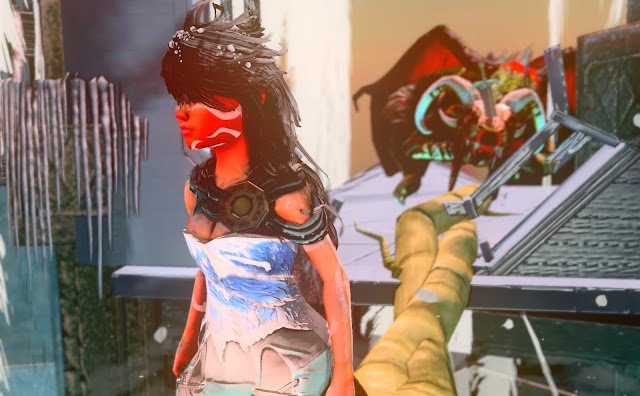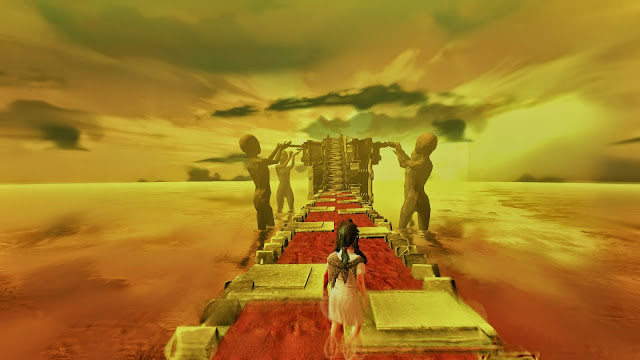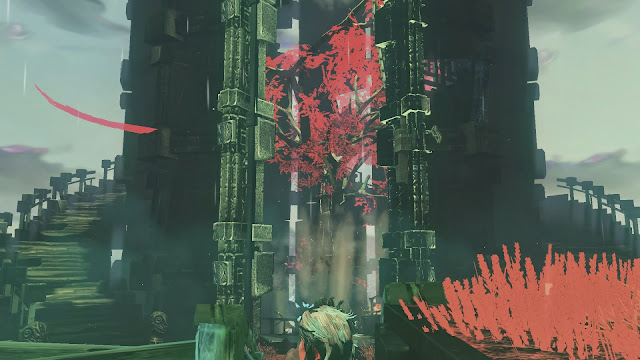Latest Articles
Idea Factory International has announced the Western release date of action platformer Ariana and the Elder…
After its partnership with Idea Factory to bring the Hyperdimension Neptunia Re;Birth trilogy to Nintendo Switch…
I’ve been making my way through the surprise-dropped Tomb Raider Definitive Edition that landed on the…
Welcome to Digitally Downloaded’s weekly catch-up news feature, the catch-up coffee. Here, I bring you the…
Originally revealed during a Japanese Nintendo Direct earlier this year, the asymmetrical escape-action game Pritto Prisoner…









